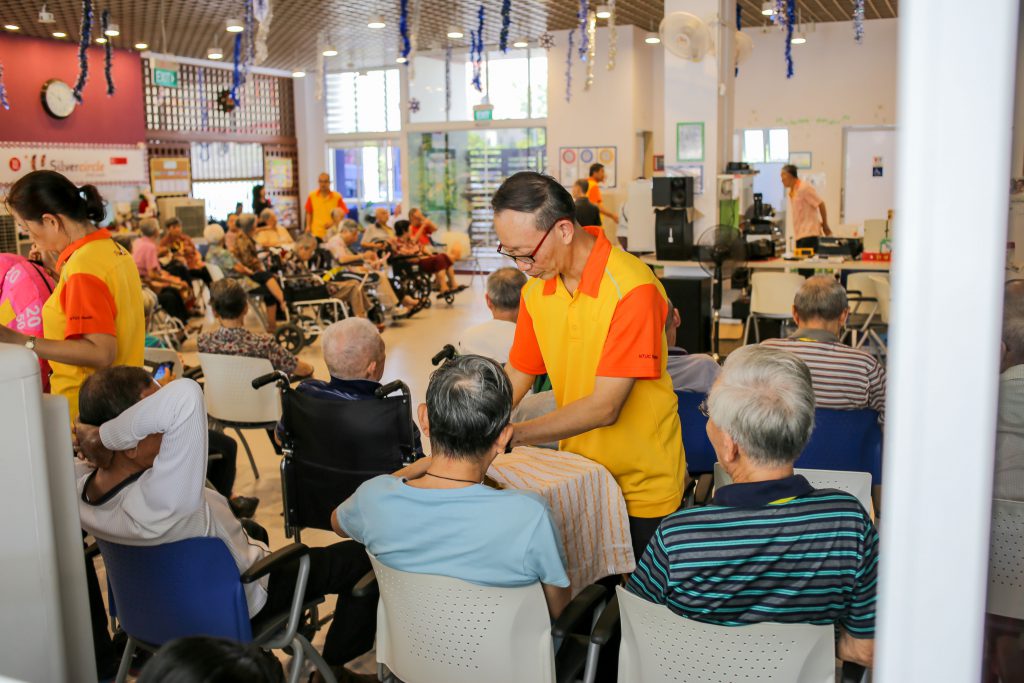The Changing Relationship Between the State and the Voluntary Philanthropic Sector: Special Reference to Singapore
December 9, 2019

International Volunteer Day is held annually on 5 December as mandated by the United Nations General Assembly. It pays homage to volunteers worldwide and celebrates their efforts in assisting the disadvantaged. In Singapore, where there is an absence of a welfare state, Voluntary Welfare Organizations (VWOs) have helped serve citizens’ welfare needs. Professor Shamsul Haque (NUS Department of Political Science) examines the nature of the relationship between Singapore’s voluntary sector and the government in ‘The Changing Relationship between the State and the Voluntary Philanthropic Sector: Special Reference to Singapore’ (Asian Journal of Political Science, 2018).
Prof Haque argues that the relationship resembles a government-dominant model, where the government plays a dominant role in funding and providing services. The Singapore government strictly regulates and supervises the creation and continuity of VWOs. To operate legally, VWOs have to register with the Registry of Society and the Commissioner of Charities (if they deal with charitable activities). Institutionally, several state organisations play significant roles in coordinating, guiding, and assisting VWOs. For instance, the National Council of Social Service (NCSS) formulates policies on social services and coordinates the programmes of VWOs, and the Ministry of Culture, Community and Youth sets volunteerism standards and provides training. With regards to finance, the government has a robust system in funding and subsidising the activities of VWOs through initiatives such as the Community Chest and Charities Capability Fund. The dependence of VWOs on the government for funding comes with greater governmental control over their expenditures and revenues.
As the voluntary sector moves towards a New Public Management model, VWOs face greater constraints due to the government’s increasingly business-like management style. Prof Haque argues that most VWOs in Singapore need greater autonomy to be more flexible and responsive to changing needs. Importantly, it is crucial for them to have easy access to and autonomy over necessary revenues without going through cumbersome bureaucratic processes. In addition, Prof Haque suggests that the government adopt a more active approach and implement some direct welfare measures instead of relying on the voluntary sector to indirectly alleviate socioeconomic woes.
Read the article here.
